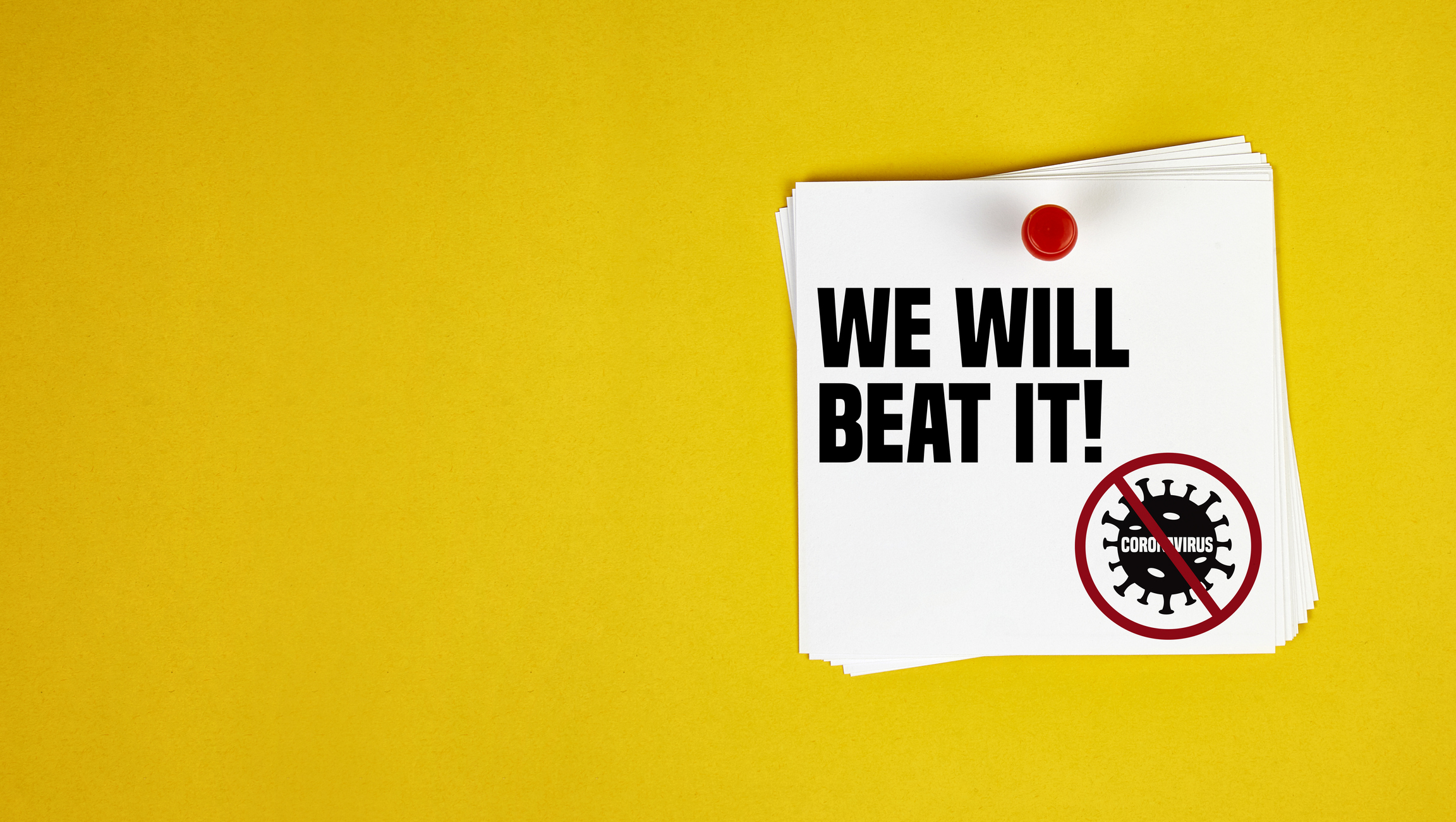
On September 30th, 1859, a 51 year-old political upstart named Abraham Lincoln took the stage in Milwaukee to speak to the Wisconsin State Agricultural Society. It was a year before he would win the election which would make him President. A rising star, Lincoln found himself at the epicentre of an intersection in history. Everywhere he went, people were tense, angry, and afraid. There were rumours of southern secession, even whispers of war. Uncertainty prevailed. As Lincoln addressed the crowd that day, in the midst of all the turmoil around him – indeed, because of all the swirling turmoil – he shared one of his favourite sayings: this too shall pass.
The saying is thought to originate in ancient Persia. A monarch tasked his wise men to devise a saying that would be true and appropriate in all times and situations. “How much it expresses,” said Lincoln, “How chastening in the hour of pride. How consoling in the depths of affliction.” One of the lesser known facts about Lincoln is that he struggled with a debilitating and life-long depression, which he never overcame. Rather, he learned to forge ahead in spite of his inner battles.
The example set by Lincoln offers an inspiring example of how to handle adversity. As we reflect on how to cope with our own present turmoil, let’s take a look at a few principles for cultivating mental wellness as we navigate the social and emotional impact of the coronavirus (COVID-19).
Educate Yourself
Across America, flu season 2018-19 resulted in an estimated 42 million people falling ill, with 650,000 hospitalizations, culminating in 61,200 deaths. Corona appears to be slightly more dangerous than an ordinary flu, but it’s important to contextualize. If you’re otherwise healthy, your chance of becoming seriously sick from corona is no worse than your chance of becoming seriously sick from any strain of seasonal flu. Current global estimates suggest the corona fatality rate among everyone 65 years-old or younger is approximately 0.5%. If you’re under 40 years-old, the fatality rate is 0.2%.
Keep Perspective
If you’re feeling overwhelmed by the coverage, remind yourself the news media are paid to keep your eyes glued to the screen. That means keeping you agitated, so you won’t look away. The solution is to limit your news consumption to two or three credible sources and 30 minutes or less per day. Instead, talk to people you trust. Equip yourself with facts, so you won’t be vulnerable to rumours, hysteria, and fake news.
Stay connected with friends and loved ones
Social distancing is NOT quarantine. If you’re healthy, there’s no need to hide in bed. Keep a six-foot space between you and other people as much as possible WHILE you continue to go about necessary activities. But do stay engaged with your social support network. Better yet, find a way to help someone in need. You can also use the down time to schedule overdue phone dates, or maybe even write an old-fashioned letter.
Stay connected to yourself
Speaking of writing, why not take some time to reflect on your goals and priorities? Or maybe explore what makes you tick. Try yoga, finally! (Guys too!) Or read a good book. Other staples of self-care include being intentional about your dietary choices, staying disciplined with your sleep schedule, and finding a way to maintain some sort of exercise routine. Get dressed every day. Go for a walk if you can. Listen to Beethoven or a great podcast while you’re at it.
Practice mindfulness
The word equanimity comes from two Latin words: aequus which means equal, and animus, which means mind. So, to be equanimous means to be ‘equal minded’ or to have peace of mind. In the simplest sense, it means letting go of whatever you can’t control and embracing tranquility. Mindfulness is the art of being in the moment.
“When you reach the end of your rope, tie a knot and hang on.” – Abraham Lincoln
There’s no perfect recipe for coping with a situation as unique as this, but following common sense guidelines will help keep your body healthy, and following the suggestions above will help fortify your mental health as well. Like Abraham Lincoln, we can all strive to maintain an even temperament in times of adversity. So remember these tips, and remember that this too shall pass!
Brad Wilton is a registered psychotherapist at the Delton Glebe Center in Waterloo, Ontario. Whether you need to get to the bottom of things, or just want to stay on top of them, he can help!
brad@glebecounselling.ca







